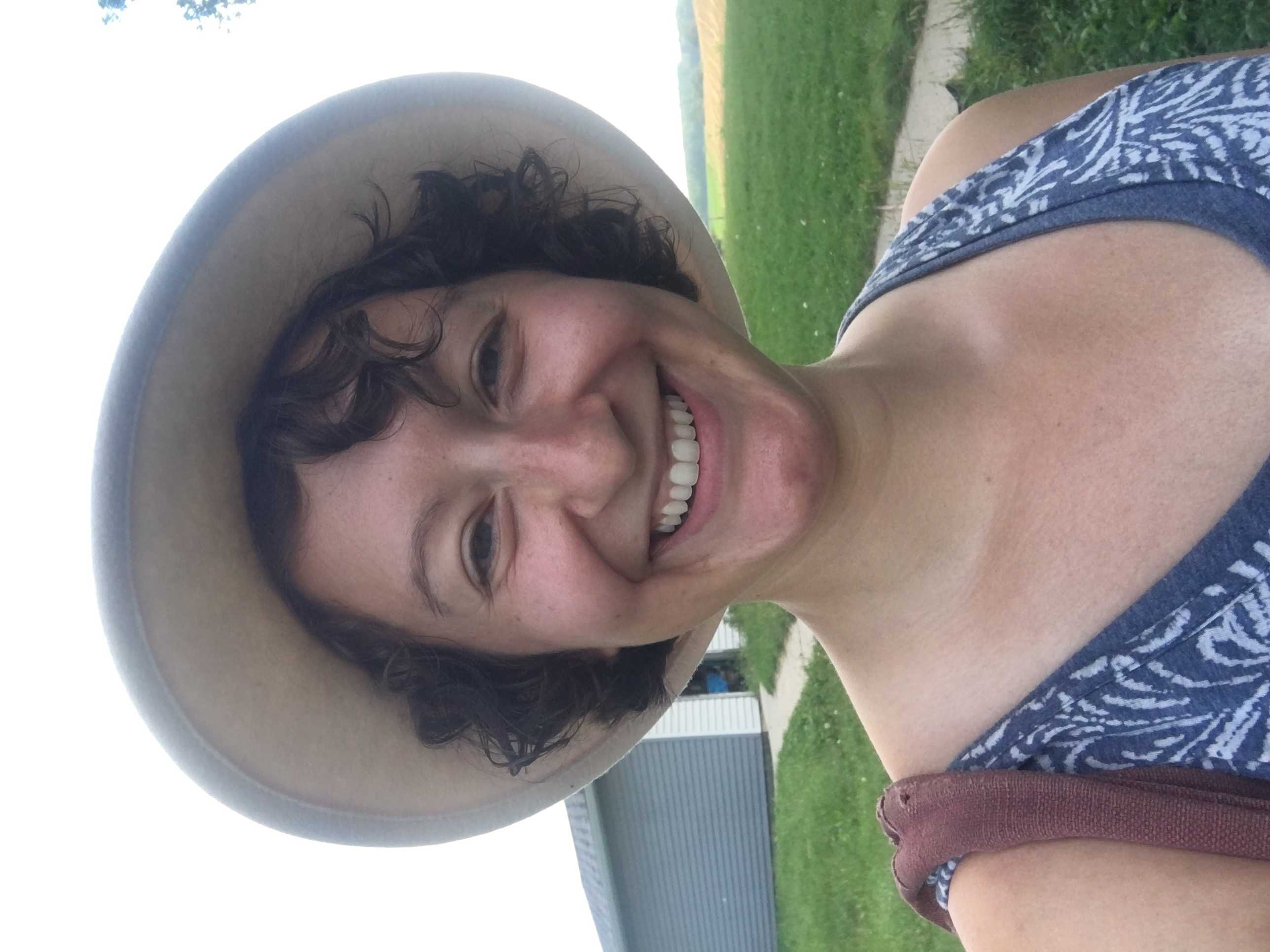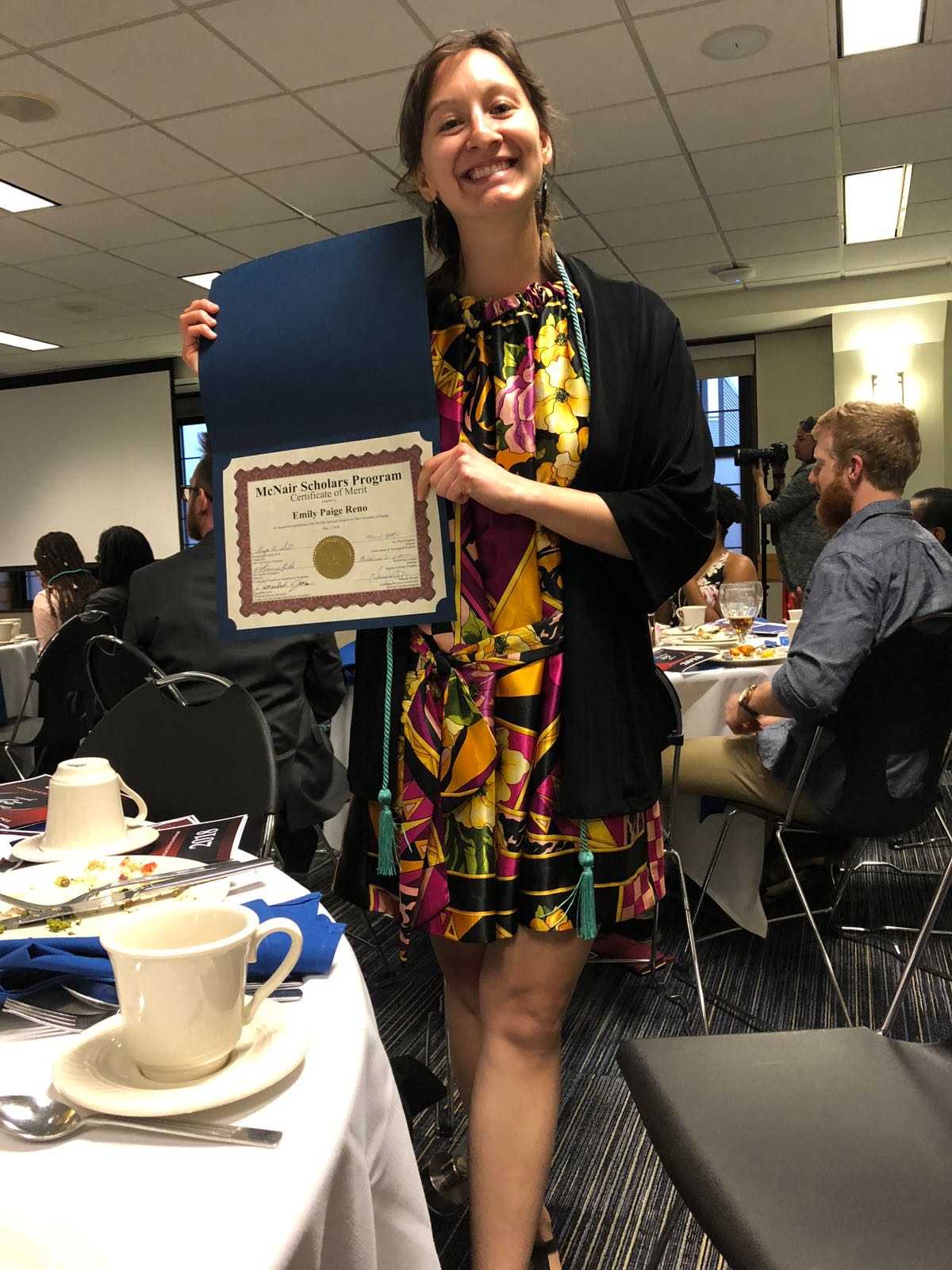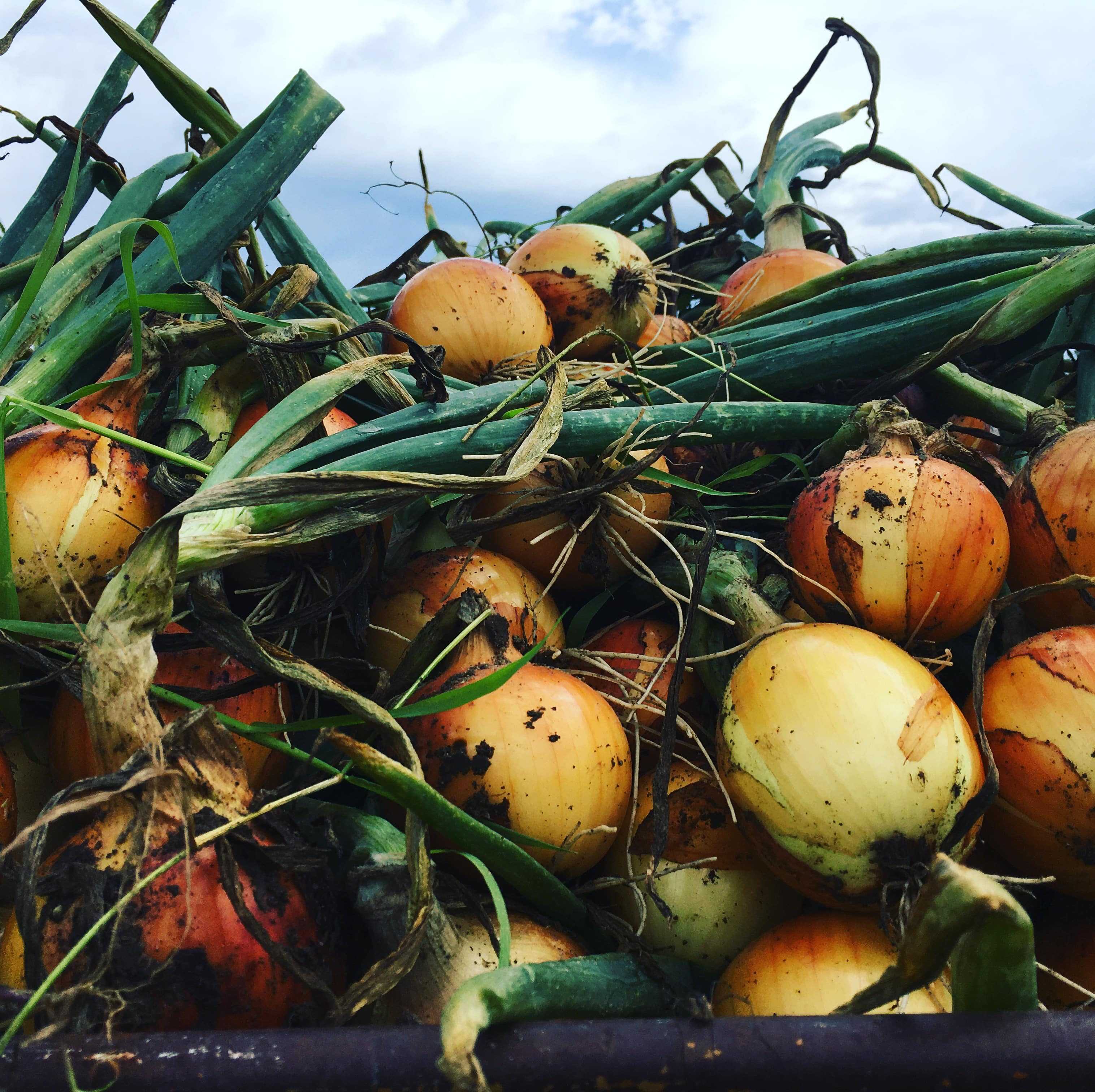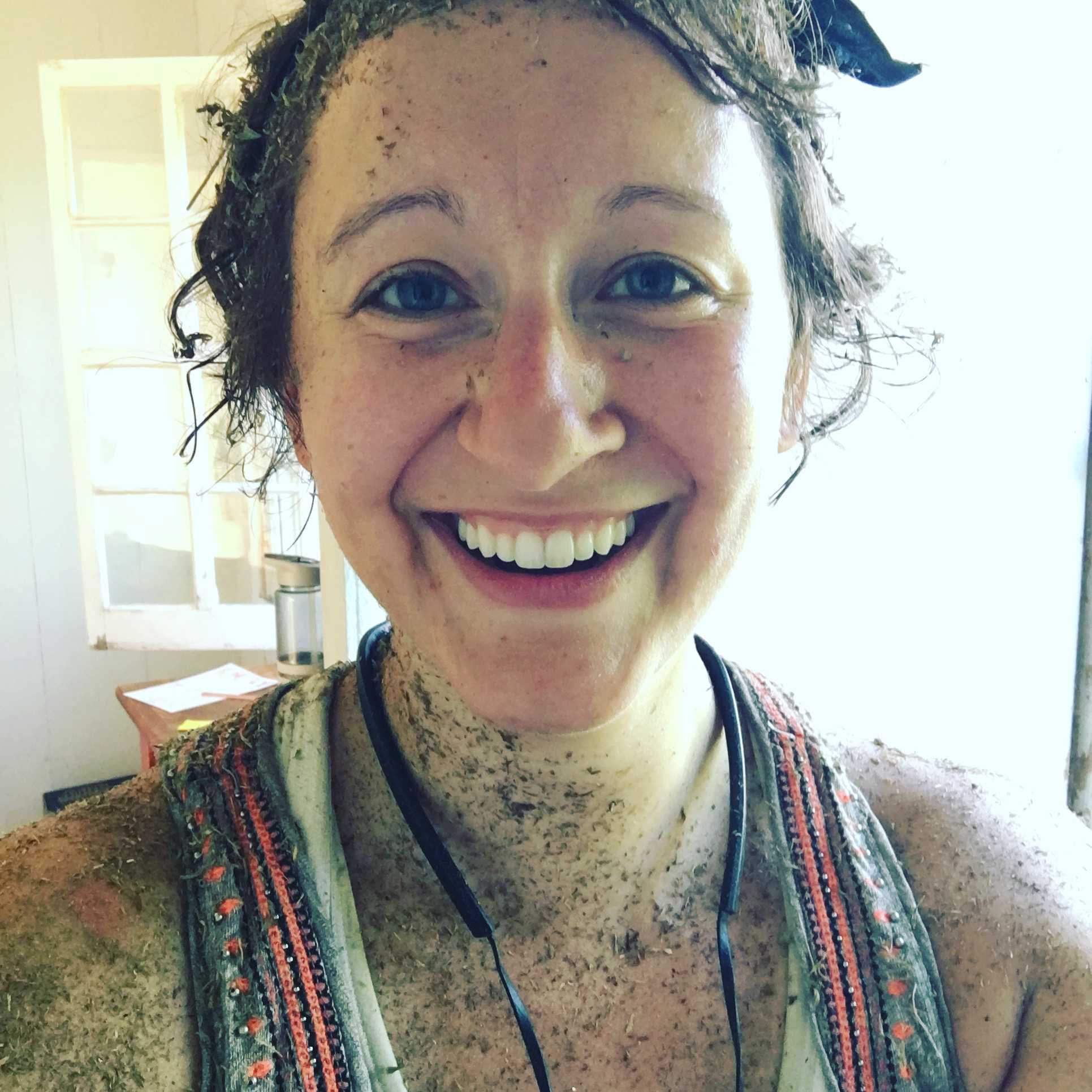Mezclada is the feminine form of the adjective derived from the verb ‘mezclar’ in Spanish, which means ‘to mix’. Mezclada, therefore, means ‘mixed’. The driving force behind Mezclada is the power that diversity of thought, systems, and agricultural practices have on our communities. The mixing of cultures, languages, and belief systems is one of the defining characteristics of this moment in time, especially within rural communities.
As rural communities change, and agricultural practices drain the wealth from communities through export markets, there is a dire need to diversify leadership, provide alternative pathways in the food industry that re-establish our relationship to the earth, and create wealth for rural people.
Mezclada operates at this edge, working to push humanity forward into the uncomfortable zones of growth and creativity that will make us more connected and resilient in the face of uncertainty.
We are on a mission to reduce racial disparities, improve ecological integrity, and build strong towns by empowering rural leaders with the practices, mindsets, and tools of abundance, design thinking, and creativity. We plan to accomplish this through our farm, cafe, and educational offerings.
Mezclada was born out of many things. It was born out of working at a retirement home for seven years and realizing the need to cherish the wisdom of our elders. It was born out of working as a housekeeper and understanding the struggles of undocumented immigrants. It was born out of a love for unforgettable dining experiences and the ways food brings people together; out of a desire to positively impact the planet’s health, out of the belief that the arts allow people to tap into their intuition and empathy. It was born out of the tragic suicide rates of farmers, the helplessness of public sector employees that work in food systems, and the belief that a brighter future can and will exist if only we make the micro-decisions that allow us to get there. It was born out of the transformation that I experienced having immersed myself into the world of personal growth and my desire to bring the principles of mindfulness and conscious decision-making to the field of food and farming. It was born out of a desire to break down the silos between advanced research and everyday people.


Hi there. My name is Emily Reno, and I am the founder of Mezclada (mehs-klah-dah), which means ‘mixed’ in Spanish. I am a second generation Mexican-American, a Lawrence, Kansas native, and most likely your future partner in crime. Having spent much of my younger years working in various segments of the food system, working as a waitress, in housekeeping, on farms, and in agricultural research, I’ve witnessed first-hand why the systems around us don’t work. I’m a generalist with a knack for seeing connections and helping those around me envision a brighter future. I’m a strategic thinker with savvy execution skills that allow me to set ambitious goals and follow through on them.
After seven years of college and a countless number of scholarship essays, one thing that I’ve learned is the importance of telling a good story. Of telling your own story. One of the keys to closing the gap between where we are and where we want to be is our ability to tell our story, and to connect it to others.
My story isn’t unique. But for some reason I feel that by sharing it I will connect with others who believe in the vision I have of rural food systems as future hubs of innovation. I’m a firm believer that the success of our lives, the health of our environment, and the strength of our communities depends on diversity. Hence, Mezclada embodies the element of mixture, and the abundance that comes from overlapping and dual functions.
I didn’t grow up in a farm family, but I know I have agricultural roots. While I don’t know much about my Mexican heritage, I believe that my passion for growing, and the natural ability to learn to speak Spanish, come from the fact that I have sangre latina. Aside from growing up with my mom’s fantastic garden at home, my pathway into farming stemmed from Johnson County Community College’s Sustainable Agriculture Entrepreneurship Certificate, where I was immersed into the local foods scene of Kansas City and dug my hands into the dirt of the campus’ two and a half acre farm. It didn’t take long for me to decide that this was my calling. I just needed a strategy to make sure that it would work.


I’m sure I’m not the first college graduate to realize that a Bachelor’s degree only gets you so far. I had no intention of going beyond my Environmental Studies degree until I became a McNair Scholar at the University of Kansas. The federally-funded program supports underrepresented, low-income, minority students through a summer research internship, GRE class, advising, and financial support to apply for, and eventually complete, a doctoral degree. Up to that point, I’d been in various ‘minority’ programs due to scholarships I applied for and received; yet, I always felt like an outsider because of my white skin tone and absent Mexican culture growing up.
The McNair Scholars Program is one of the few places in college where I felt like I found family. My hunger for knowledge was celebrated as part of the research process, and I found ways to learn about the barriers to beginning farmers in Kansas, which set me on a strategic pathway to seek an off-farm job. But more than wanting to have a job in which I could shape the food system, I saw the potential in myself to be a role model for other students like me who had struggled their way through the transfer process from community college to a four-year school, possessed no foundation of higher education in their family to support them along the way, and weren’t sure what might happen on the other end. The precedent I could set propelled me forward.
Some coursework in Urban and Regional Planning pointed me in the right direction, and I soon saw myself as someone who could operate at the fringes of the farming and planning worlds, able to speak the languages of both fields and serve as an advocate for farmers from the inside of community development.
Just days from declining my offer of acceptance into the Urban and Regional Planning program at the Humphrey School of Public Affairs in Minneapolis, I received a letter from the University of Minnesota stating that I had been named a Brustad Fellow. AKA FULL RIDE SCHOLARSHIP. I’ll never forget crying tears of joy that night.
The summer before heading off to Minneapolis, I worked as a Food Systems Intern with the North Central Regional Planning Commission in Beloit, Kansas. I spent my days distributing a food access survey across a 12-county region in rural Kansas and quickly fell in love with rural culture, realizing that the slow pace of life and contentedness I thought I could only find abroad was actually right in my backyard. I’d just never taken the time to explore it. The experience helped me narrow work within food systems planning to focus on rural communities, as they are vastly underserved and the potential to make an impact on a larger scale is immense.
I believe my intuition has allowed me to pursue what feels right and that I know will bring me happiness. I came into my degree with a very clear sense of direction, knowing that rural life was calling me. This informed my coursework, seeking part-time work with farmers in Greater Minnesota, and creating my self-designed concentration, which allowed me to complete a graduate certificate of the Integrated Food Systems Leadership Program at the same time as my Planning degree. My graduation was extended by a couple of semesters, but it was one of the best investments I’ve ever made in myself.
To say that my spring semester was full of surprises would be a severe understatement. I was inspired by my certificate program to start building out the brand for my own farm business, enrolled in Marie Forleo’s B-School, spontaneously booked a flight to Costa Rica for spring break, extended my trip in the wake of the pandemic, and returned to the chaos of George Floyd’s murder, which occurred only a few blocks from my apartment in Minneapolis. I had a deep sense that I was not where I needed to be in that moment, and that reconnecting to the growing community would serve as a reprieve from the stress of sirens, gunshots, and helicopters.
I asked a farmer friend if he could use an apprentice, and was packed up and ready to go by the first week of June. In three and a half hours, I found myself amid five acres of veggies outside of the nearest town, pop. 2500.


At last I made it to the summer of 2020. It was a summer of healing. Of forgiveness. Of sadness and gratitude and reawakening. I knew that landing in Pelican Rapids was not a coincidence, given my interest and commitment to working with underrepresented communities, growing, and rural food systems. Sometimes I think the universe is just waiting for us to wake up. Once we do, we start receiving subtle signs that we are taken care of, supported, and on the right path.
That summer was everything I could have asked for and more, especially considering the circumstances of being in the middle of a pandemic. Being in such a geographically isolated place was a miracle, helping me process the heavy loss that we were all experiencing. I dove head first into my capstone project for my certificate program, woke up every single day sore from farm work, and felt something inside me getting stronger. I found my voice, and the courage to be frank with those around me, realizing that all anyone really wants of us is to be ourselves.
In October 2020, I started working with a regional planning organization, where I’m responsible for helping communities in a 9-county region develop greater economic resilience in the face of the pandemic. I’ve taken on food systems as the focus of my work, and could not be happier. At this point in time, there is nothing stopping me from pursuing my dream of running my own farm. Well, other than the relationships, capital, land, and infrastructure that are needed to make it happen. I’d been mulling over how to start since the summer, and realized that what was holding me back was this sense that it’s not my farm to build. It’s our farm. Nothing that I have ever done or accomplished up to this point in my life – at least that I’m proud of – was accomplished alone. I relied on family, friends, scholarship donors, and strangers who believed in my vision to help pay my way through college, provide me with a place to stay, and offer encouragement and advice. These gifts, added up, represent an immense network of social capital that I believe would be proud to know that their support will be paid back many times over through Mezclada’s gratitude-forward approach.
What I want to build now must reflect the ‘community-built’ woman that I am today. This business must give back, share the power, and uplift the gifts of everyone involved. I think a farm is capable of achieving this goal, and set a positive example for farmers everywhere.
I can’t wait for you to join me!
Our newsletter seeks to inspire, uplift, and motivate fellow growers and the wider Mezclada community.